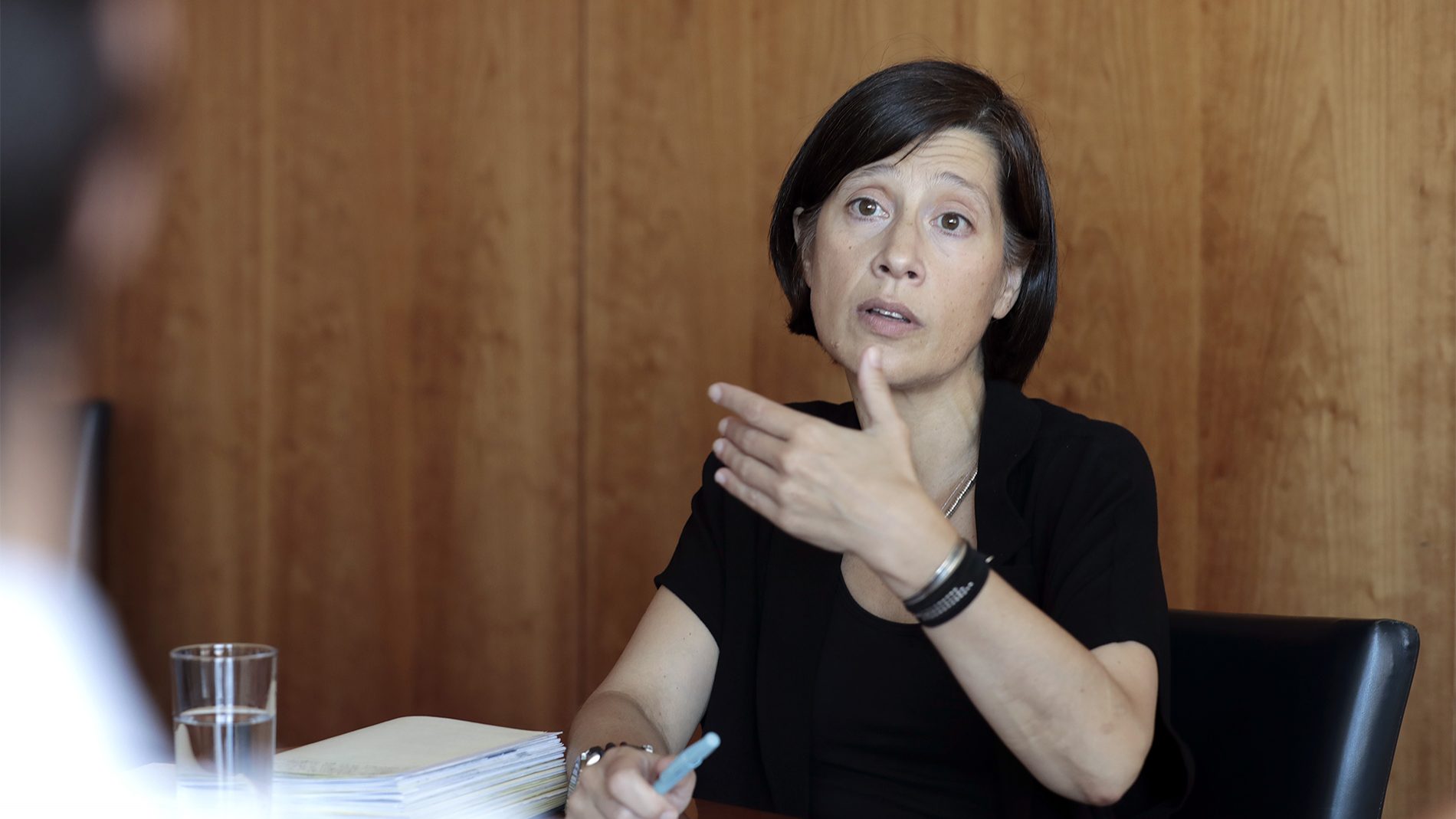CMVM wants to perform stress tests every three months on new credit funds
Loans funds come into effect in January, but the CMVM wants them to arrive with investor protection measures.
The credit funds, whose Portuguese regime was approved in September, will arrive in January, and the Securities Market Commission (CMVM) wants to adopt measures to limit risk and protect investors. The market supervisor has put in public consultation a proposal for an amendment that, among other changes, requires quarterly stress tests to be carried out on loan funds.
“It is proposed that the managing entity carry out stress tests at least quarterly. The performance of stress tests under the proposed terms is intended to assess and monitor the fund’s liquidity risk”, explains the CMVM in the document.
Credit funds emerged in Europe after the financial crisis, at a time when banks stopped lending money to many companies, especially small and medium-sized enterprises (SMEs). These are funds that, instead of investing, make loans, fall into the category of specialised alternative investment vehicles (OIAE) and compete with banks in financing the economy.
Management companies constituting these funds may grant new loans (directly or through consortium participation) or purchase credits from other entities. Six months after their creation, no loan may represent over 20% of the total assets in the portfolio.
“Setting an exposure limit addresses concerns related to risk concentration and contagion by ensuring the credits diversification in the fund’s assets, which must correspond to a minimum of four to five credits,” says the CMVM.
In addition to asset diversification, the supervisor headed by Gabriela Figueiredo Dias proposes a risk management system with defined criteria for granting credit and a “clearly formalised” decision procedure.
“For the purpose of controlling and monitoring credit risk, the management entity is expected to establish a procedure for controlling credit risk and monitoring, at least on a quarterly basis, changes in the quality of each individual loan, determining, where applicable, the levels of depreciation or appreciation in the value of the loans, as well as in guarantees,” points out the CMVM.
The proposed amendments provide for the strengthening of risk control and monitoring. The same objective is pursued by the proposal to increase the duties of information, namely to investors. Prior information may now include mention of the risks arising from investment in credits, as well as the fact that such investment is not guaranteed and, therefore, subject to the possibility of investment losses and illiquidity.
“In order to ensure that investors have the necessary information to make informed investment decisions in credit OIAE, it is proposed to provide prior and specific information duties to eligible investors on the risks arising from the investment in credit OIAE, including the possibility of loss in the investment and illiquidity,” adds the proposal that will be in public consultation until January 10th.


